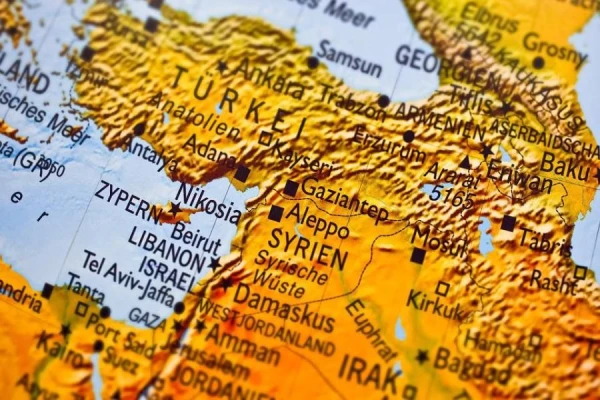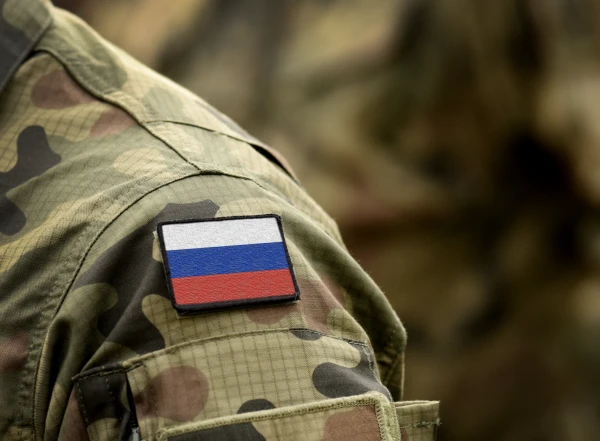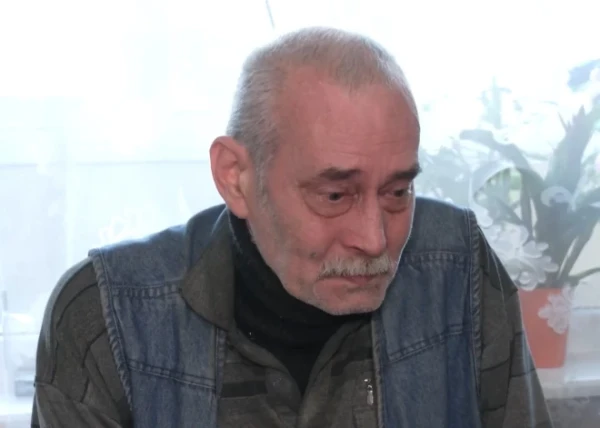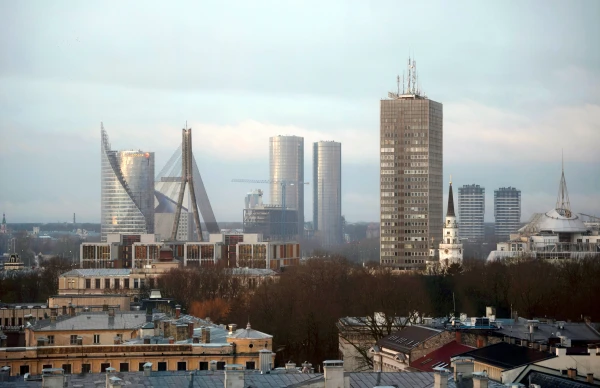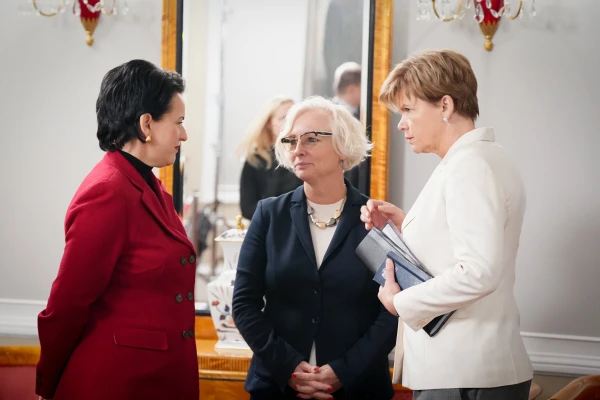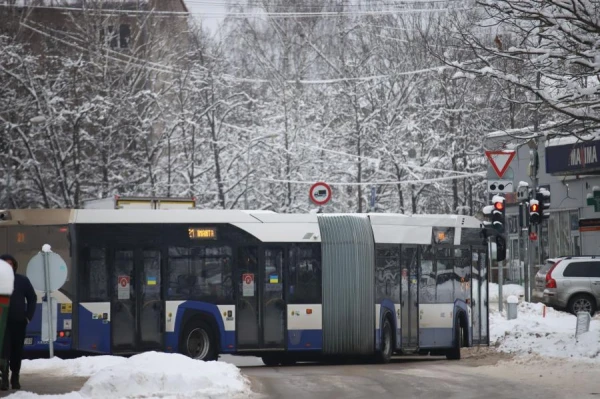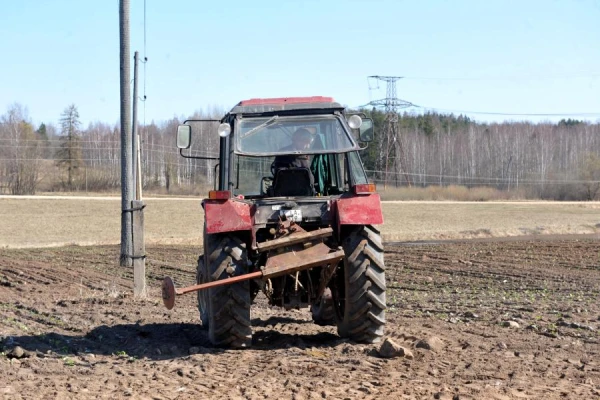
The new EU trade agreement with Ukraine comes into force on Wednesday, despite Hungary, Poland, and Slovakia maintaining a ban on the import of Ukrainian agricultural products. This is just one of the complexities of Ukraine's integration into the European Union.
On October 29, an agreement aimed at further liberalizing trade between the EU and Ukraine came into force. It replaces the 2016 agreement and expands duty-free access to the European market for Ukrainian goods and services.
"We are engaging with all parties to try to find solutions," said European Commission Deputy Spokesperson Arianna Podesta on Tuesday. "We believe the agreement provides a stable, fair foundation that can be reliable for both the EU and Ukraine to ensure a gradual integration into our single market while ensuring stable trade flows."
The new agreement includes guarantees that limit the import of certain products, such as grain and oil.
However, Hungary, Poland, and Slovakia have not lifted their bans on the import of Ukrainian agricultural products. The European Union fully opened its market to agricultural products from Ukraine after the onset of the full-scale invasion, as the Black Sea—a vital export corridor for Kyiv—was effectively blocked.
The newly established land corridors in the EU, intended to support Ukrainian exports, have angered farmers in neighboring countries, who accused Brussels of allowing unfair competition.
The Political Side of the Issue
The issue has taken on a political hue, influencing the general elections in Poland in 2023 and increasing tensions in Slovakia and Hungary.
"After the war, agricultural imports into the EU have doubled. Compared to pre-war levels, they have increased by 117%," said Tinatin Akhvlediani, an expert at the Centre for European Policy Studies (CEPS), to Euronews.
She added that the issue "has been overly politicized because these Ukrainian goods were easily absorbed by neighboring countries."
Ukraine's main agricultural exports—grain, sugar, and oil—are mostly unprocessed products.
"This complements EU trade, as the union mainly exports processed agricultural goods. Ukrainian products are in high demand in the EU market. This explains why Ukraine is the third-largest import partner for the European Union after Brazil and the United Kingdom," noted Tinatin Akhvlediani.
The new trade agreement includes a "safeguard clause" allowing either party to impose protective measures if rising imports harm domestic industries.
However, this has not alleviated concerns in neighboring countries.
"While Brussels wants to give farmers' money to Ukraine, we are protecting the resources, livelihoods of Hungarian producers, and our market," Hungarian Minister of Agriculture István Nagy wrote on Facebook on Monday, as he and his EU colleagues met in Brussels.
The ongoing dispute illustrates the broader obstacles facing Ukraine's path to EU membership.
Within the bloc, some are concerned about how Ukraine's vast agricultural capacities—42 million hectares of arable land, the largest in Europe—will affect the Common Agricultural Policy (CAP), which allocates funds based on farm size.
The European Commission Reduces the Share of Agriculture in the Record Budget
Even if CAP payments are reformed to focus on production rather than land area, "Ukraine remains quite competitive," says Akhvlediani. "The solution may lie in the EU including transitional measures in the accession agreement that limit the benefits of certain policies or do not grant benefits from them at all. This could be done concerning CAP. It entirely depends on the EU."
Romanian President Nicolae Ciucă, whose country also borders Ukraine, is one of the few EU leaders who has openly spoken on this issue, stating that the discussion on agriculture "is not yet concluded."
According to the Romanian president, the risks of imbalance for the EU "are significant," especially since Ukraine "currently does not meet the standards we require for the agricultural sector in the EU."
"It is being discussed that in agriculture, Ukraine should have a special status so that it can continue significant exports to non-European countries, while in all other clusters it should be treated as an equal," said Ciucă.
